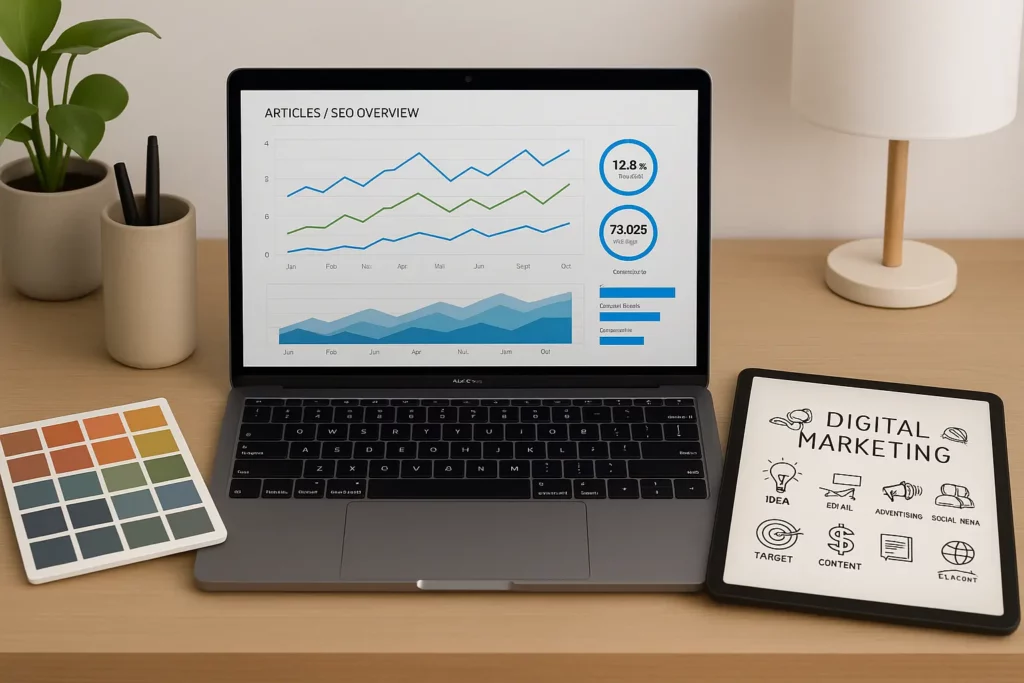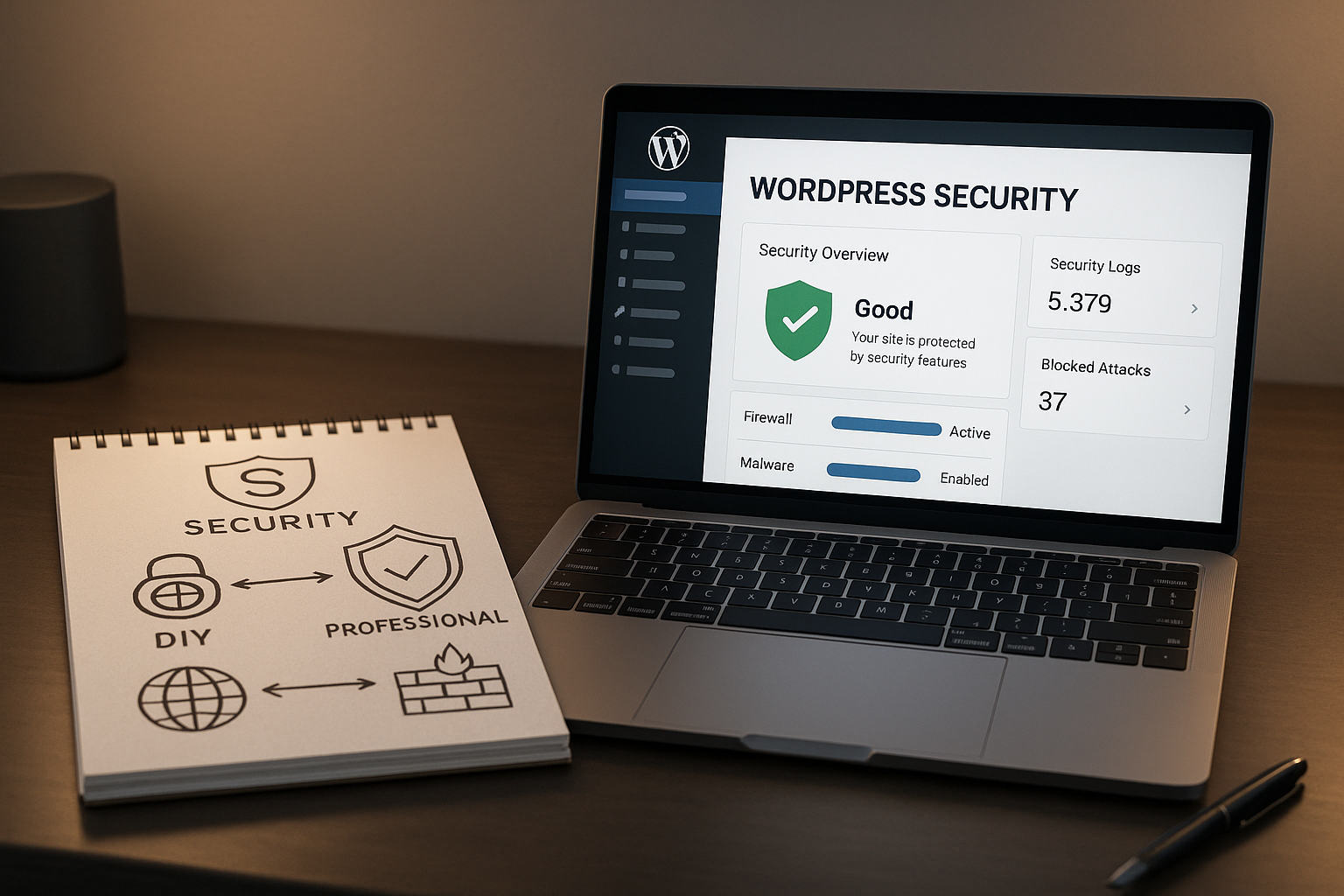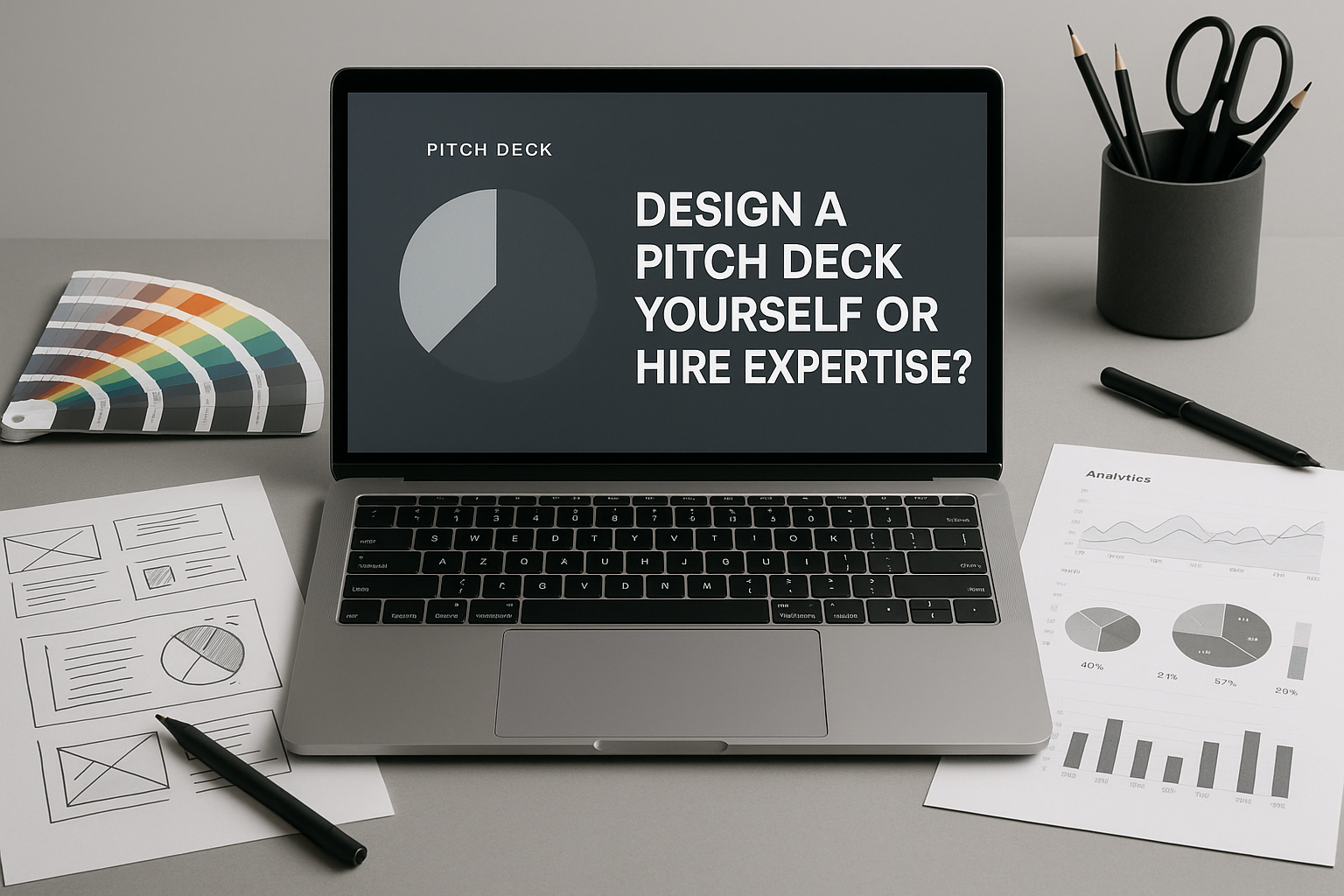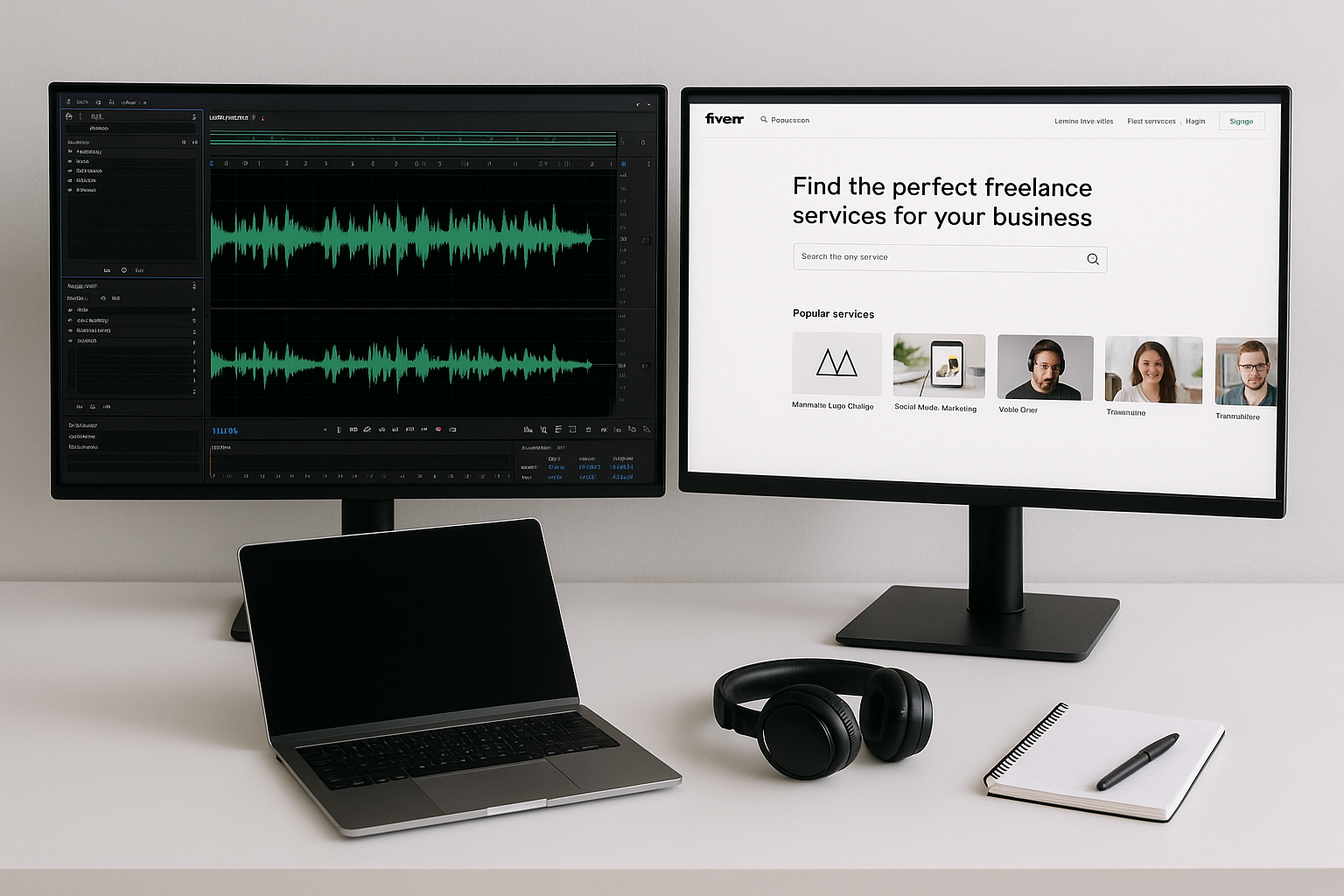run facebook ads yourself or agency is often the first hurdle for business owners aiming to grow their online presence. This decision extends beyond just Facebook—it encompasses SEO, social media management, and email marketing as well. Many entrepreneurs debate whether to tackle these channels on their own or enlist specialist support, especially when weighing the cost, expertise, and potential outcomes of each approach.
In this article, we’ll explore how to determine the right balance between doing it yourself (DIY) and outsourcing. We’ll draw on real-world data, highlight ppc management diy pitfalls, compare build-website-yourself-or-hire-developer style trade-offs, and guide you through a strategic framework that helps you choose the most effective way forward.
Key Takeaways
- Running Facebook ads yourself can be cost-effective but demands time, skill, and consistent analysis.
- Hiring an agency typically ensures faster optimization and advanced strategies at a management cost.
- Common ppc management diy pitfalls include misguided targeting, misreading attribution, and becoming over-reliant on limited skill sets.
- For SEO, social media, and email marketing, the DIY vs outsourcing choice hinges on available time, budget, and internal skill levels.
- Your decision to run facebook ads yourself or agency should be revisited periodically to account for changing business goals.
run facebook ads yourself or agency—the Key Considerations
Facing the decision to run Facebook ads yourself or agency can feel daunting. On one hand, DIY management keeps you fully in control of your campaigns, from creative to budget allocation. On the other hand, agencies bring seasoned professionals who have run countless campaigns and can fine-tune your strategy much faster.
As your ad spend grows, even minor errors in targeting or objective selection can become costly. In evaluating this choice, be honest about the time and knowledge you can commit to learning Facebook Ads Manager, reading analytics, and iterating consistently. Having a solid sense of your team’s capacity helps you avoid missteps commonly seen in ppc management diy pitfalls.
DIY Facebook Ads: Benefits & Requirements
Cost Efficiency: Dropping the 10–30% agency fee keeps more of your budget directed into the ads themselves. This is especially relevant for smaller ad spends, where those additional fees could limit your testing and scaling potential.
Creative Control: By running ads yourself, you gain the freedom to make real-time adjustments and experiment with new creatives. This is similar to the flexibility you enjoy if you build a website yourself or hire developer—the immediate feedback loop can be advantageous.
Skill Development: Over time, you’ll develop valuable digital marketing skills that can transfer to other channels, from writing landing page copy to interpreting performance metrics. This learning curve can be a long-term asset for your business.
However, to run facebook ads yourself or agency effectively on your own, you’ll need several prerequisites in place:
- Budget of at least $1,000/month: Enough spend to gather meaningful data.
- Time Investment: Minimum 5 hours a week for campaign reviews, adjustments, and learning.
- Patience for Experimentation: Recognize that early missteps are common.
Interestingly, a Databox study reveals that 41% of companies keep Facebook ads in-house primarily to “control creative and iterate faster.” This resonates with those seeking a flexible, hands-on approach.
PPC Management DIY Pitfalls
Before finalizing your choice, it’s important to be aware of major ppc management diy pitfalls that can derail your campaigns:
- Wrong Campaign Objectives: Selecting “Engagement” instead of “Conversions” could limit real lead capture. Always align campaign objectives with genuine business goals.
- Over-segmenting Audiences: Splitting your targeting into narrow niches can weaken Facebook’s optimization potential. Start broader and refine using real campaign data.
- Ad Fatigue from High Frequency: If users see the same ad repeatedly, you risk negative brand associations. Keep frequency caps in mind or use reach optimization.
- Insufficient Creative Testing: Sticking to one ad format or design can raise costs over time. Schedule weekly or bi-weekly creative refreshes to keep your audience engaged.
- Mistakes in Attribution Windows: If you don’t understand Facebook’s default attribution, you may overestimate ROI. Cross-verify conversions in Google Analytics or other platforms.
There’s also a noteworthy advantage agencies have: agency ad accounts often receive dedicated Facebook reps and higher spending limits, which can expedite campaign approvals and flag issues more quickly.
When & Why to Hire a Facebook Ads Agency
For many businesses, the tipping point to hire an agency arrives when monthly ad spend moves beyond $10,000. Managing larger budgets puts pressure on consistent performance gains, especially if you’re running multi-region or multilingual campaigns.
Top Reasons to Outsource:
- Access to Senior Strategists: Specialized talent usually has years of experience across varied industries.
- Cross-Account Insights: Agencies leverage broader experience to optimize your campaigns more efficiently.
- Reduced CPA: According to Databox research, agencies often reduce Cost Per Acquisition by around 23% in a few months.
In terms of cost, agencies may take 10–20% of your ad budget or charge a flat monthly retainer. Transparency is vital—always clarify how much of the allocated funds actually goes to media spend versus management.
SEO Do It Yourself Guide vs. Hiring an SEO Specialist
Another channel where the DIY vs. outsourcing debate rages on is Search Engine Optimization. If you’re considering a seo do it yourself guide, here’s a quick snapshot:
DIY SEO Essentials:
- Basic keyword research: Use Google Keyword Planner to find relevant terms.
- Technical fundamentals: XML sitemaps, alt tags, and Core Web Vitals improvements.
- Regular content creation: Publish high-quality articles optimized for search intent.
Time Investment: Most small business owners spend 10–15 hours per month on DIY SEO. Tools like Google Search Console and Screaming Frog can help identify technical issues, but deeper level optimizations or link-building might require additional expertise.
Hiring an SEO Specialist:
- Advanced SEO tactics: Complex schema markup, technical site audits, and strategic link outreach.
- Faster results: Experts can navigate algorithm changes and opportunities more swiftly.
- Cost range: Retainers frequently start around $500 to $2,000 monthly for consistent optimization.
Just like deciding to build your website yourself or hire developer, the right approach depends on how deeply you want to invest in learning, your budget, and the complexity of your goals.
Beyond Facebook ads, how do you handle other social platforms? The social media tools vs freelancer debate highlights similar trade-offs:
Social Media Management Tools:
- Platforms like Buffer or Hootsuite cost $15–$99/month.
- They offer scheduling, analytics, and often some level of social listening.
Freelancer Benefits:
- Platform-specific expertise—whether it’s Instagram, Twitter, or LinkedIn.
- Real-time audience engagement and quicker response times.
- Flexibility to scale or pivot as your needs change.
The decision often boils down to brand complexity. If your messaging needs subtlety or if you handle sensitive customer interactions, a skilled freelancer can craft a more personal touch. On the flip side, smaller startups might do well enough with scheduling tools until they grow.
Email Marketing Software vs Copywriter
The question of email marketing software vs copywriter arises for companies seeking to refine their email campaigns. Software platforms like Mailchimp or Klaviyo automate deployments, segment lists, and provide analytics. That said, a professional copywriter can inject storytelling elements, hone brand voice, and optimize conversion strategies.
Software Advantages: Automation flows, A/B testing, and drag-and-drop templates are invaluable. Costs typically scale with subscriber count, making these platforms relatively affordable at the start.
Copywriter Advantages: Improved story arcs, higher open rates via strong subject lines, and well-tailored messaging for different segments. A well-crafted welcome series can dramatically boost revenue, more than covering the writer’s fee.
Combining software with periodic copywriting support is often a winning formula. You maintain efficient automation, while experienced writers step in to update creative angles or revitalize sequences on a quarterly or semi-annual basis.
Integrating Multi-Channel Strategies: DIY + Outsource Mix
In practice, many businesses adopt a hybrid approach. This involves focusing on run facebook ads yourself or agency decisions across channels, ensuring each marketing arena gets the right balance of DIY effort and external expertise.
Consider this 12-month roadmap framework:
Phase 1 (Months 1–3):
- DIY SEO to enhance organic reach and gather baseline analytics.
- Set up email marketing software with simple automation sequences.
Phase 2 (Months 4–6):
- Assign social media posting to a freelancer for a more personal touch.
- Gradually run your own Facebook ads on a small scale to gain insights.
Phase 3 (Months 7–12):
- Onboard a specialized Facebook Ads agency once your budget surpasses $10,000/month.
- Bring in an SEO specialist to implement advanced optimizations or large-scale link-building.
This staggered approach ensures you’re not overwhelmed all at once and allows you to validate the ROI of each channel before scaling up.
Conclusion
The decision to run facebook ads yourself or agency isn’t a static, one-and-done choice. As budgets, tools, and your internal resources evolve, you’ll need to revisit whether DIY or specialized professionals can yield the best results.
To move forward effectively, start by evaluating where you get the most value for your time and money. If you’re short on resources but long on patience and willingness to learn, DIY can be powerful—even beyond Facebook ads, as proven by many seo do it yourself guide success stories. Alternatively, if you want faster, data-driven results with less trial and error, exploring an agency’s expertise might be the smartest path.
Remember, the ideal course often combines both approaches. You might begin with in-house efforts for social media and email marketing, then hand off paid advertising to an agency once your ad spend and ambitions outgrow your current team’s bandwidth.
Frequently Asked Questions
Q1: How do I know if I should start by running Facebook ads myself?
A: Evaluate your monthly ad budget, time availability, and willingness to learn. If you can handle at least five hours per week learning Ads Manager, and your budget is relatively small, DIY can be a strong starting point.
Q2: What is the minimal budget to run Facebook ads effectively?
A: Most experts recommend at least $1,000 per month in ad spend to gather reliable performance data. Smaller budgets risk insufficient impressions and difficulty in scaling successful ads.
Q3: Which is more cost-effective: social media tools or a freelancer?
A: Social media tools are cheaper in direct fees, but a freelancer provides a human touch and can manage creative tasks. The choice depends on your brand’s complexity, content volume, and budget tolerance.
Q4: Why do some businesses prefer an SEO do it yourself guide?
A: DIY SEO helps companies save on agency fees and gain hands-on experience. However, complex site structures or fierce competition may require more advanced tactics and professional expertise.
Q5: Does hiring an agency always guarantee better results?
A: While agencies often have more expertise, success depends on their alignment with your goals and transparency in optimization processes. Vet potential agencies thoroughly and review case studies to ensure the partnership is a fit for your needs.




